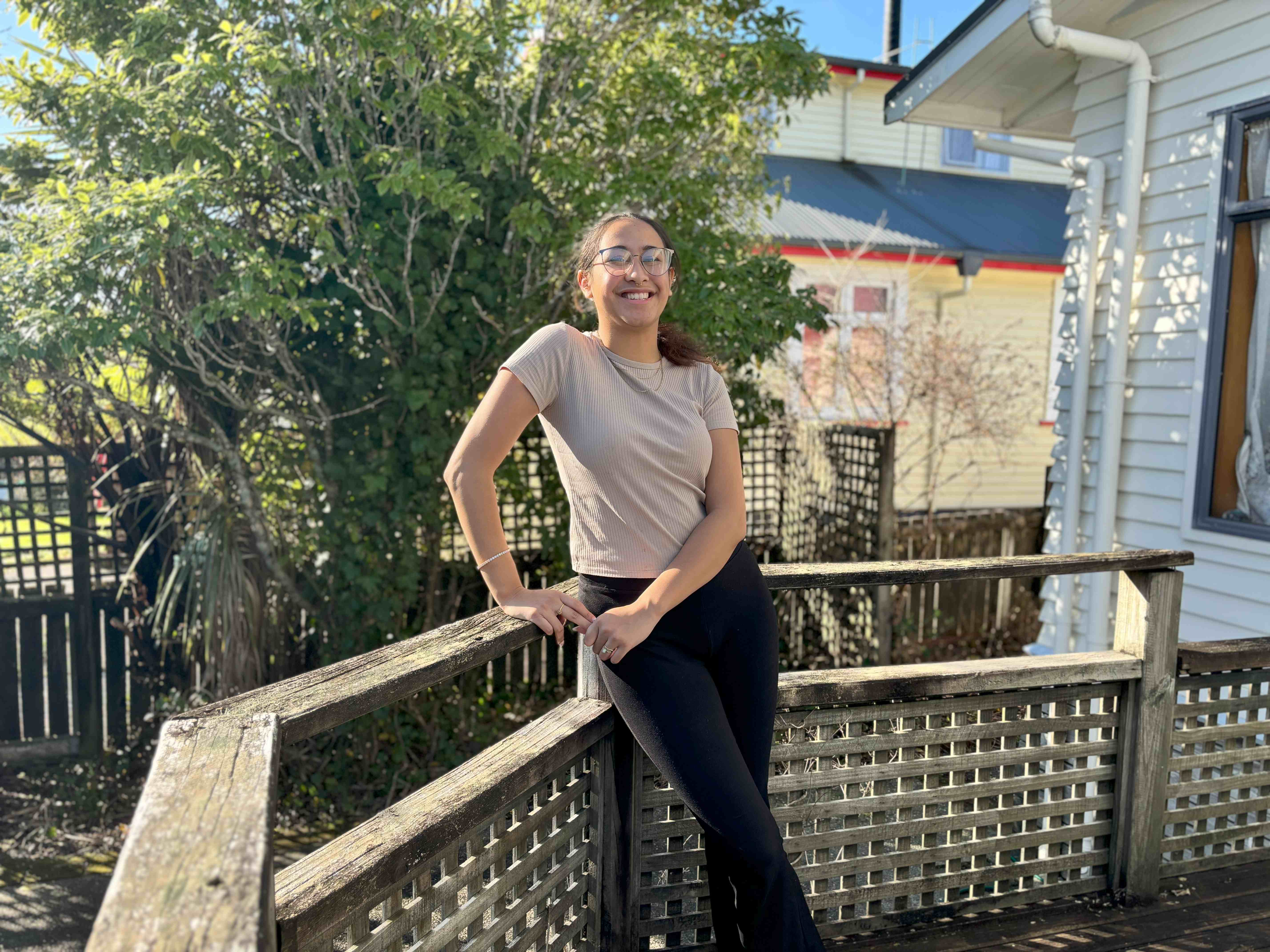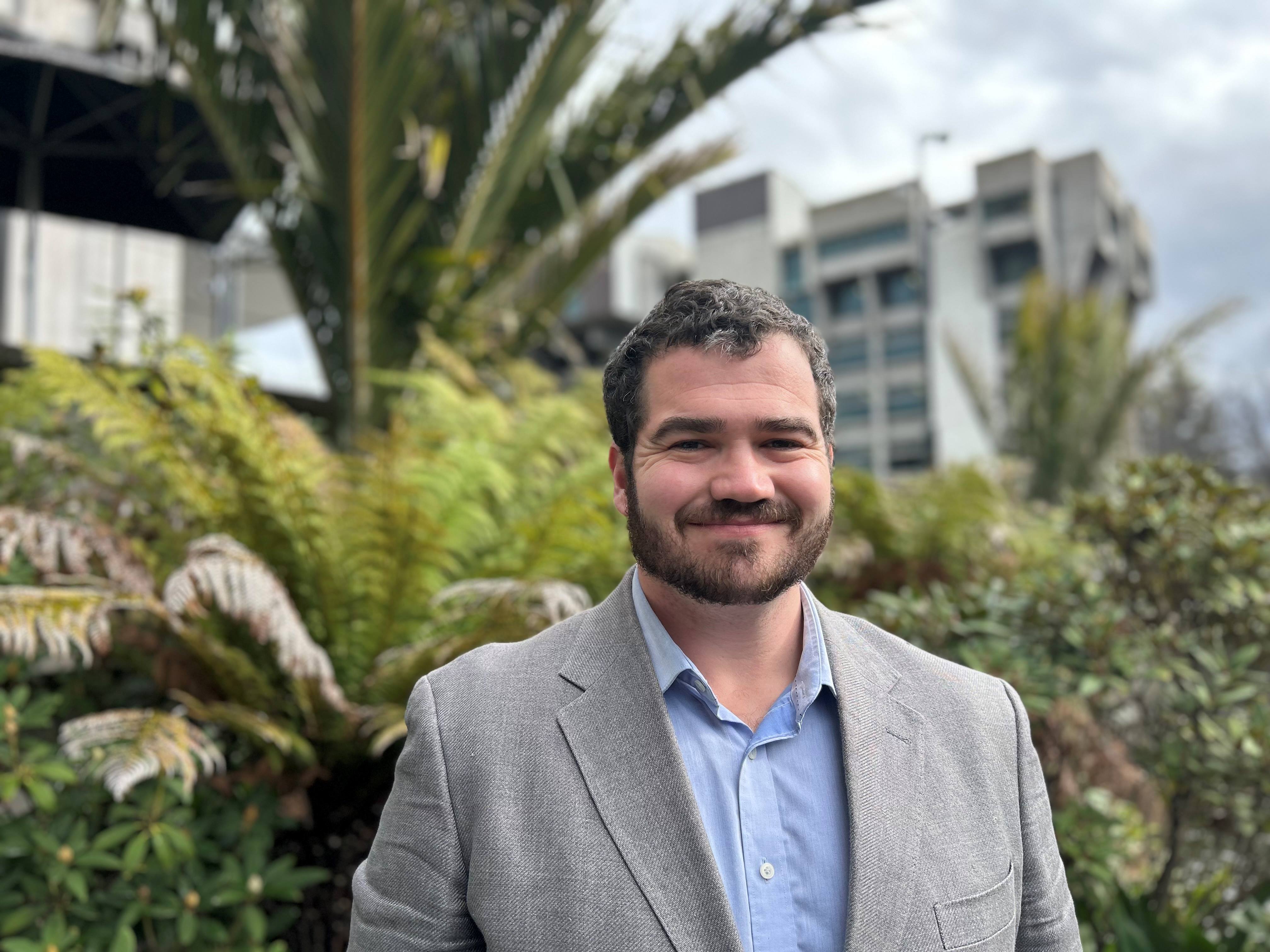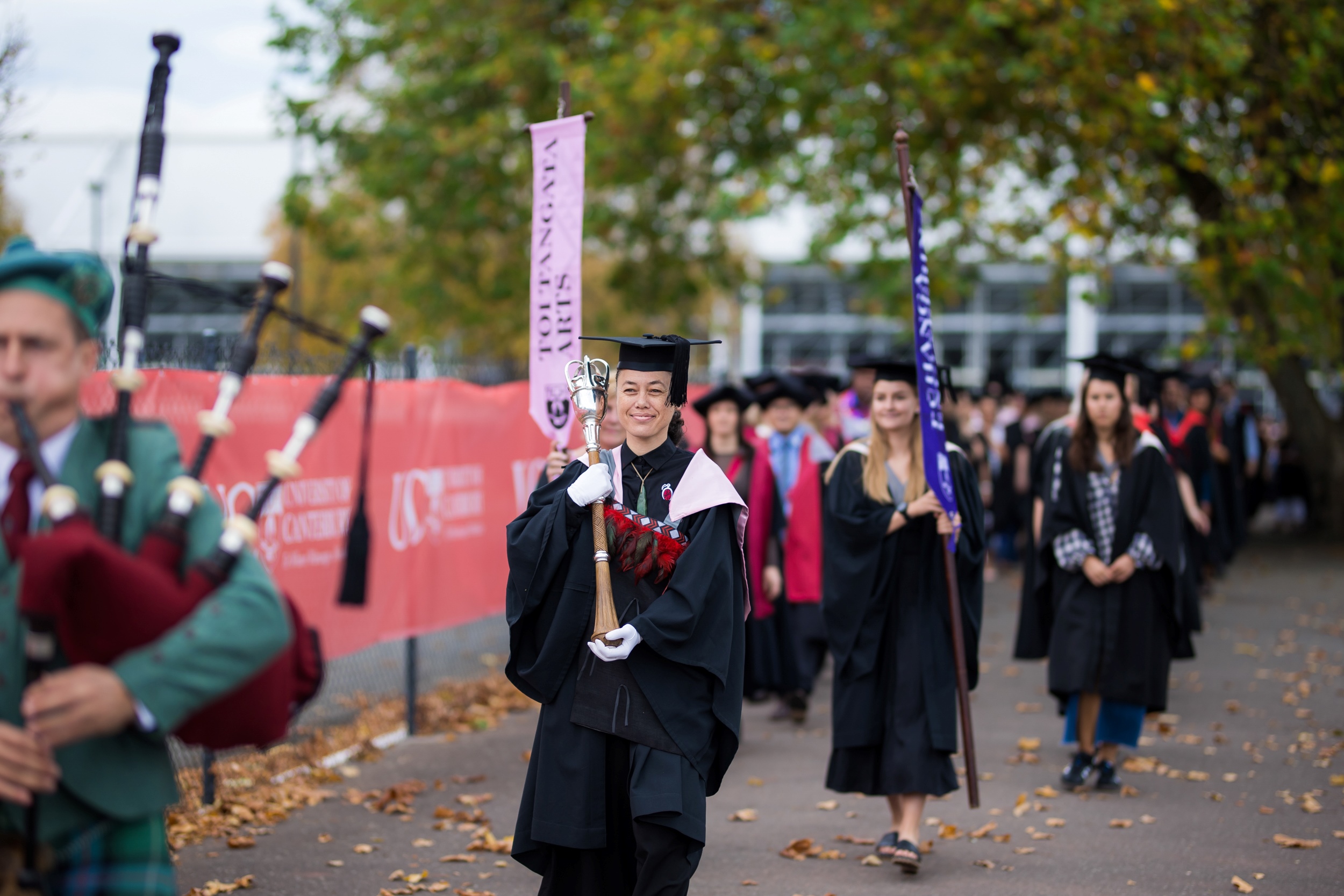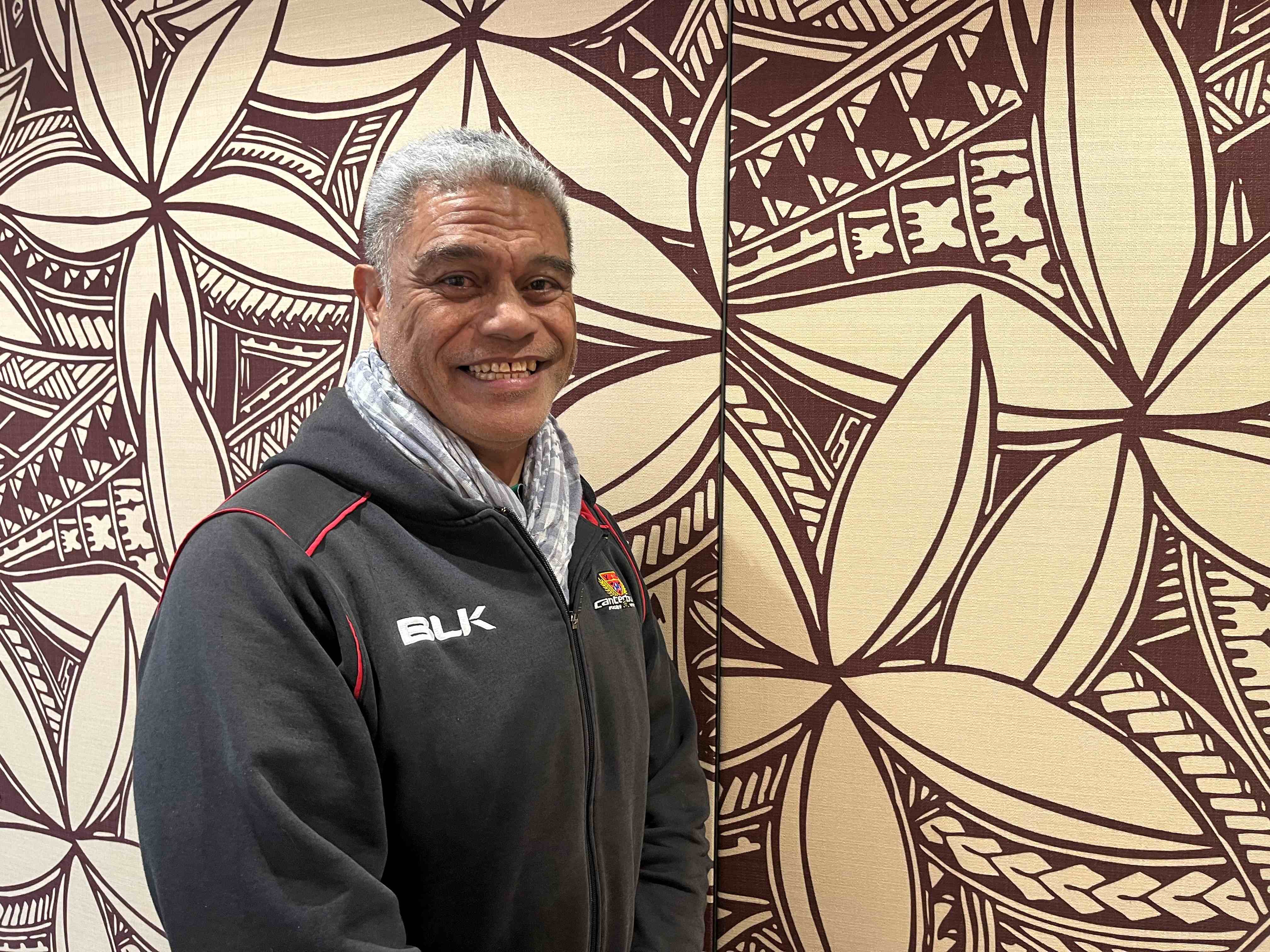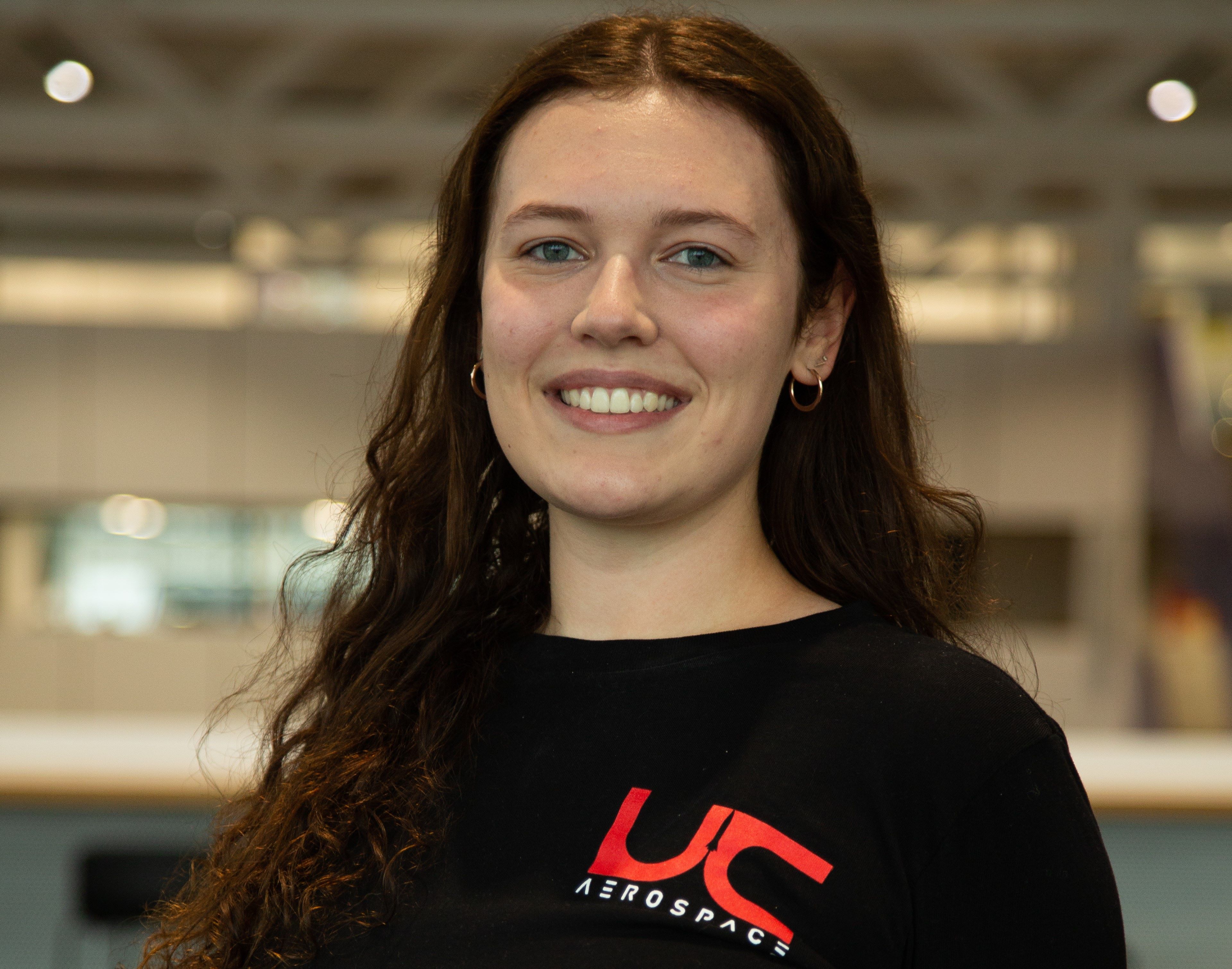Pride, frustration, anger, hope – these are emotions that second-chance learners experience, often intensely, that impact on their chances of success.
Dr Brice’s thesis ‘Loving Learning? Emotional Experiences of Second-chance in Teaching and Learning’ should empower educators and make policymakers sit up and take notice.
Failing to finish secondary school has been linked to poverty, crime, low-paid employment, benefit dependence and teenage pregnancy. Of the 6000-7000 young people who leave school early each year in Aotearoa New Zealand, 40% will not return to education, nor to any training, or won’t ever have a job.
Some will re-engage with learning during their lives and they will need particular support, however, “little attention is paid, in policy, to the emotional needs or experiences of these tauira [learners] when they seek opportunities to re-engage in learning”, Dr Brice says.
Second-chance learners often bring negative memories of their school experiences to subsequent education, even in different educational contexts. These are stories of humiliation, frustration and even terror, often in a context of discrimination, marginalisation and disadvantage. Throughout her career, Dr Brice has worked with learners in a variety of these contexts, and has witnessed and experienced many intense emotional events.
In her thesis, she shares the story of a young mother who flies into a rage in her office, reacting in the way that has been modelled to her all her life. She later apologises in a letter that is heart-breaking in its honesty and regret. Handled with awareness and honesty, the shared experience of intense emotion brings the potential for transformations in her learning and life.
Many moving stories make up the core of this thesis.
There’s an essay by a young Māori mother, ‘Tamara’, which captures her thoughts and feelings around enrolling in second-chance education. She eventually signs up because she doesn’t “want to be sitting on my bottom or working a job that doesn’t earn enough to support me and my family. I have done right; my girls will have the start in life some children will never have the opportunity to have. And I am proud.”
One second-chance learner is 64 years old and serving time in prison before he is able to engage with education again. Another has been released from prison and reflects on the power of the learning he was able to achieve while incarcerated.
Emotions have taken a backseat in Western thinking and culture, Dr Brice says, and they need to be reclaimed.
“When I started on this journey I thought of emotions as separate to cognition and I felt that education pays most attention in its research and theory to cognition, however I found they are not binary opposites. You can’t have one without the other,” she says.
“In education, we recognise the importance of thinking and we teach thinking skills, but we don’t pay the same attention to the emotional side of the body and mind.”
Working with a cultural advisor, Dr Brice found that in matauranga Māori (world view), emotions are treated far more holistically, both within the individual and within a collective social context, and they are valued as potentially transformative forces.
Influenced by this, Dr Brice says: “What I tried to do in this work was to understand emotion through feeling emotion, as well as through cognition. It’s challenging to get that into a doctoral thesis, which is all about analysis. However, it was important to me to be authentic and to explore emotions through lived experience rather than theory. For me, research needs to have real-world application, to be practical and useful to others.”
The storytelling and careful documenting of emotions adds valuable insight and depth. Dr Brice also offers a model, “Kare ā roto” for working with emotions in second-chance teaching and learning contexts. “It is about emphasising the emotions that lead to transformation; uncovering and enabling hope.”
Dr Brice is one of the first graduates of UC’s Education doctorate, completing her thesis over four years while working full-time at the Open Polytechnic in Wellington.
The structure of the new Education doctorate suited her, she says, for her own journey as a second-chance learner, which was quite different to the second-chance learners in her thesis.
“I enjoyed the first two years meeting regularly with a cohort while we firmed up our research proposals. Having contact with others on the same journey helped reduce those feelings of isolation and uncertainty that make the first years of undertaking a doctorate challenging.”
Dr Brice valued the support of her UC supervisors Associate Professor Annelies Kamp and Dr Veronica O’Toole.
“I appreciated their guidance and their ability to allow me to be a bit unconventional and experimental in the way I approached this work.
“My focus is always on how to make things better for learners and teachers and I know my doctoral studies have informed not only my work but everything in my world view. It has allowed me to be comfortable with the complexity that is bound up in all aspects of education; the deeply personal emotional context of each individual navigating the vast machinery of policy and practice.”


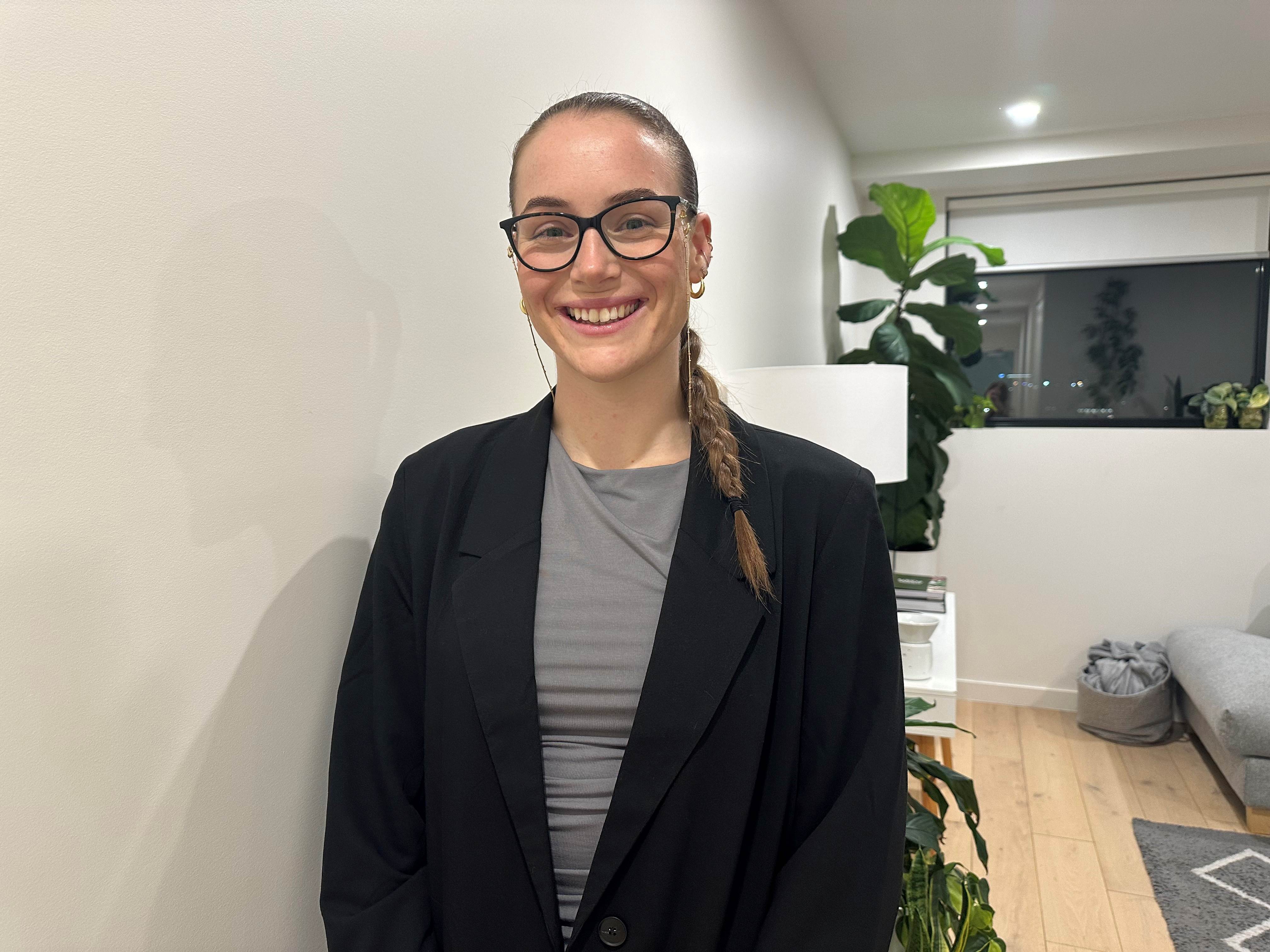
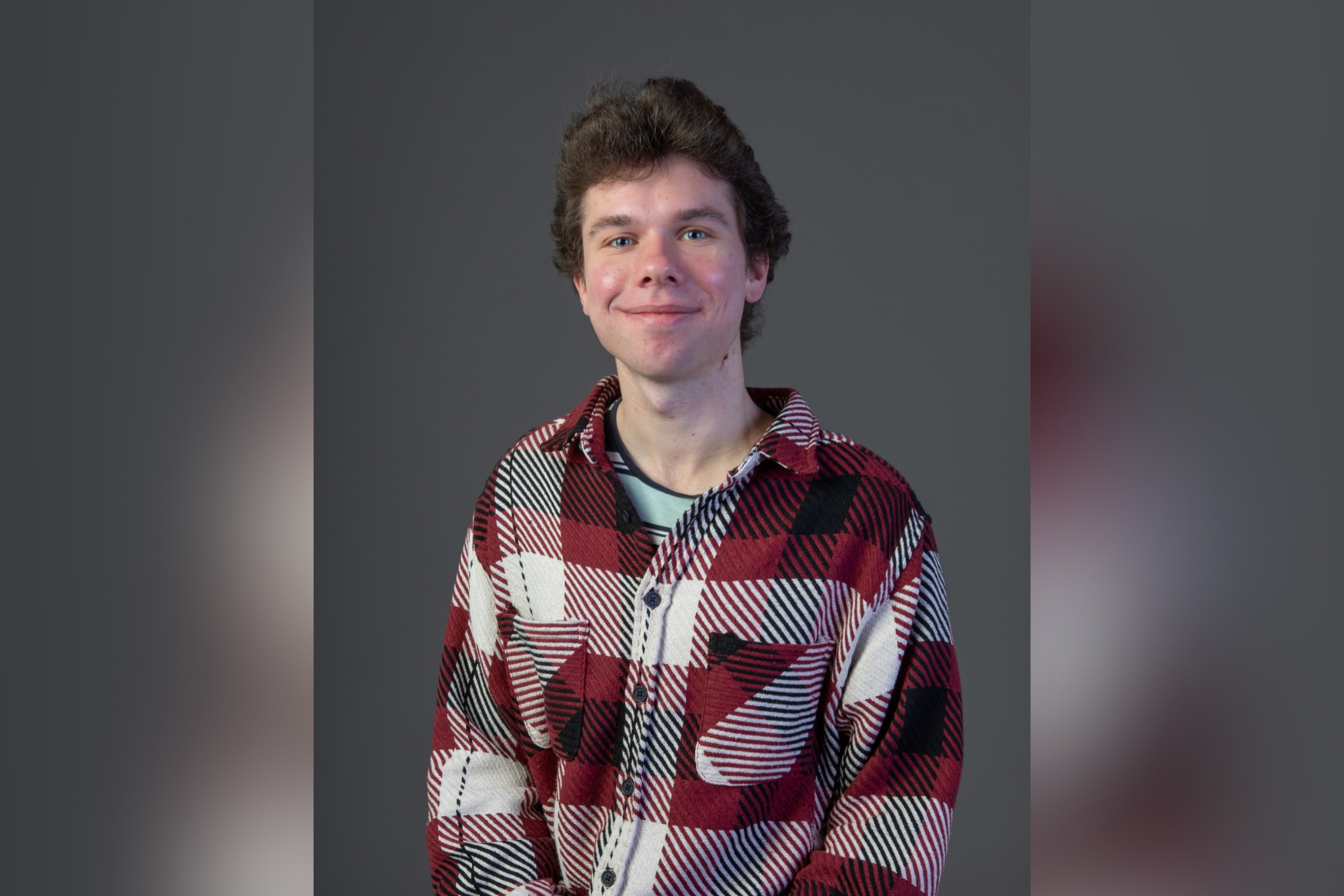
.jpg)
